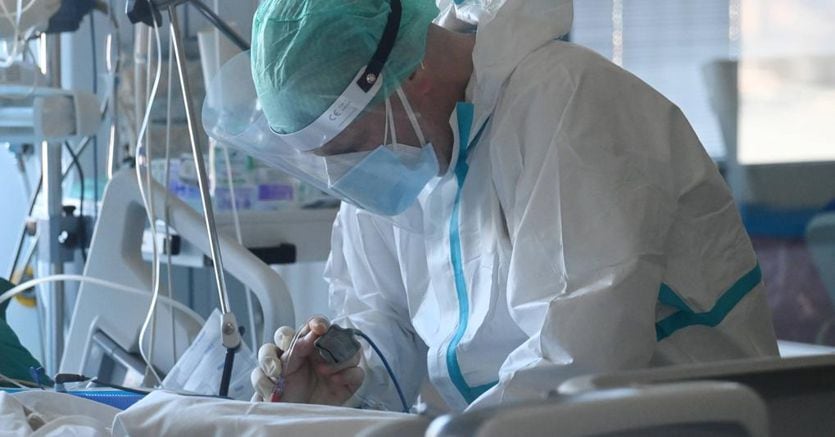Solutions based on artificial intelligence (AI) are changing healthcare for the better. And now Covid-19 has placed the emphasis on the use of these tools, increasing their use. The Chinese research institute Alibaba Damo Academy, (which is part of the technological giant Alibaba Group), was the first to announce the existence of a test capable of processing images from the CT scan which, in just 20 seconds, provides a positive or negative diagnosis of Covid-19. There are also examples in Italy, and some hospitals have distinguished themselves for partnerships and publications on this approach, such as the universities of Trento, Naples, Rome, Pavia, Milan, to name a few.
«The hospital generates a lot of data and these, if properly aggregated, can be of great help if interpreted with the aid of AI. Opportunities that are also exploited in the context of Sars-CoV2 infections – explains Arturo Chiti, director of the Humanitas Nuclear Medicine Operational Unit -. We have a team of radiologists, doctors, engineers and data scientists who, in collaboration with the Certh (Center for Research & Technology-Hellas), are working on a algorithm for rapid patient identification who need immediate treatment, in order to speed up the diagnostic-therapeutic process, especially for those who need hospitalization in intensive care “.
Loading…
“With a triple objective – Chiti resumes -: make an accurate diagnosis, i.e. recognizing a simple interstitial pneumonia, from another cause, from an interstitial pneumonia induced by Covid, improve the internal resources of the hospital, counteract the spread of the virus by ensuring adequate isolation of patients based on the severity of their state of health “.
In the first retrospective study, published in European Radiology, which collected and analyzed quantitative and clinical CT data from 200 patients, complex artificial intelligence technologies have already demonstrated their role, allowing in a few days to validate the results and obtain precise reference values, ready for use in the triaging of these patients right from the diagnosis. And now a prospective study has been started on new patients to validate the algorithm, as is done with a drug.
But how does it work?
“By analyzing the images extracted with computed tomography (CT), the algorithm is able to promptly divide patients with Covid-19 into three risk groups: from group 1 made up of subjects who can be discharged and continue isolation at home , to group 3 which requires immediate hospitalization in intensive care, “Chiti specifies. On the basis of these findings, future developments will aim to understand whether it is possible to consider AI as a “tool” for making predictions on the prognosis and evolution of the disease.
